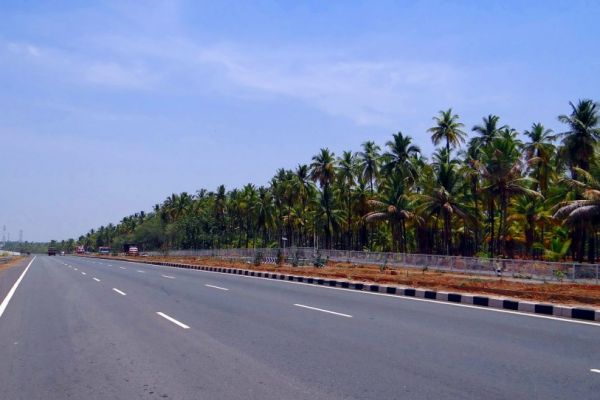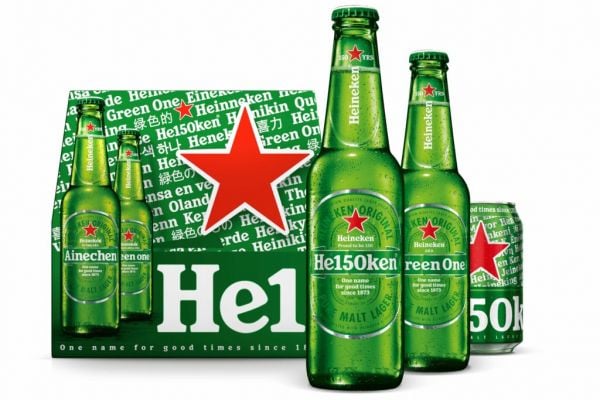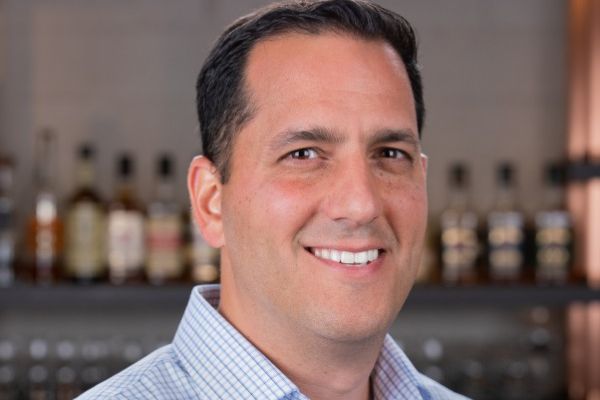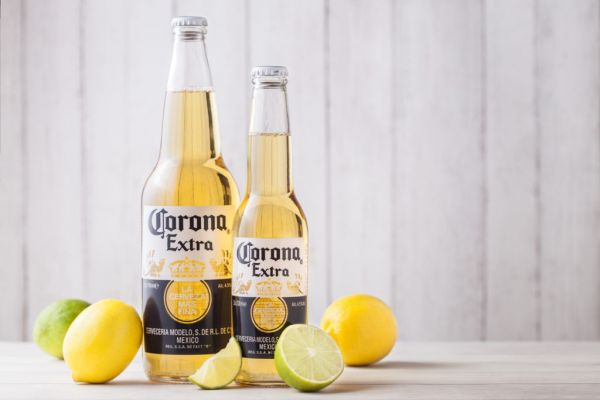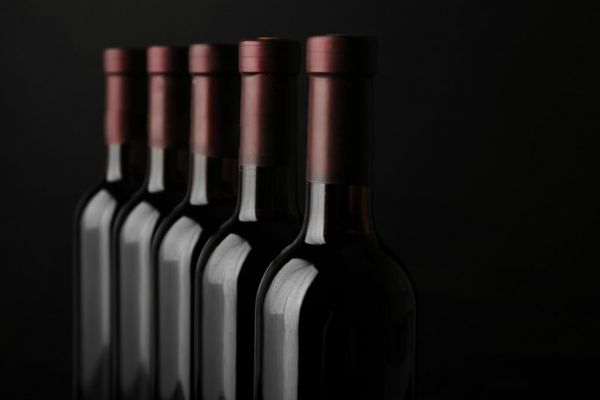As India’s recent ban on liquor stores along highways displaces outlets, the nation’s distillers are bracing for a drop in sales of as much as 8 percent this year, biting into the country’s $31 billion spirits market, according to a local maker of whiskey, vodka and rum.
Industrywide sales would drop by as much as 15 percent in the next three months as about 40,000 outlets, including retail shops and restaurants, stopped selling spirits, wine and beer after the ban took effect April 1, Deepak Roy, executive vice chairman of Allied Blenders and Distillers Ltd., said in an interview.
Sales will take some time to rebound as the outlets will need to relocate at least 500 meters (547 yards) away from highways, he said.
The implementation of the court order seeking to curb drunk driving adds to the woes of an industry that is facing a fresh wave of anti-alcohol laws. Companies including Diageo Plc-controlled United Spirits Ltd. will be affected as over a third of liquor outlets in India are located around national and state highways, according to a note by CLSA.
“It’s not an easy task for these high-volume and high-value outlets to find a new place somewhere close to highways,” said Roy. Apart from being relocated a certain distance away from highways, they will have to find locations that are not close to places of worship, schools and colleges, he said.
Allied Blenders, which sells spirits including a popular local whiskey, Officer’s Choice, sold 36 million cases of liquor in the year through March 2016, according to its website.
Alcohol Market
Alcoholic drinks worth about 1.37 trillion rupees ($21 billion) were sold through retail outlets in India in 2015, while sales of 1.08 trillion rupees were made through bars, restaurants, hotels and other catering establishments, according to Euromonitor International’s estimates.
India’s top court ordered the ban in December and last month said liquor shops in municipal areas with less than 20,000 population can be located within 220 meters of highways. It also allowed stores with licenses extending beyond April 1 to operate till the permit expires or at the latest until Sept. 30.
The ban is in response to India being home to some of the world’s deadliest roads. More than half of the 501,423 accidents in 2015 occurred on national or state highways, according to a government report. Drivers under the influence of alcohol or drugs accounted for 4.6 percent of deaths in road accidents across the country in 2015.
With liquor among the top revenue contributors for several states in the country, some analysts expect the states to lend support to the industry. Some cities have begun to reclassify national highways that run through them as city roads to bypass the ban.
“The process of transition is quite complex and the impact on industry volume is difficult to gauge,” CLSA said in the note, lowering its estimate for revenue at United Spirits and recommending investors sell the distiller’s shares. A spokeswoman at United Spirits declined to comment on the impact of the ban on the company.
Shares of United Spirits fell 0.3 percent to 2,027 rupees as of 12:01 p.m. in Mumbai trading. Radico Khaitan Ltd. declined 0.7 percent, while United Breweries Ltd. gained 0.9 percent. The benchmark S&P BSE Sensex Index dropped 0.3 percent.
News by Bloomberg, edited by ESM. To subscribe to ESM: The European Supermarket Magazine, click here.
